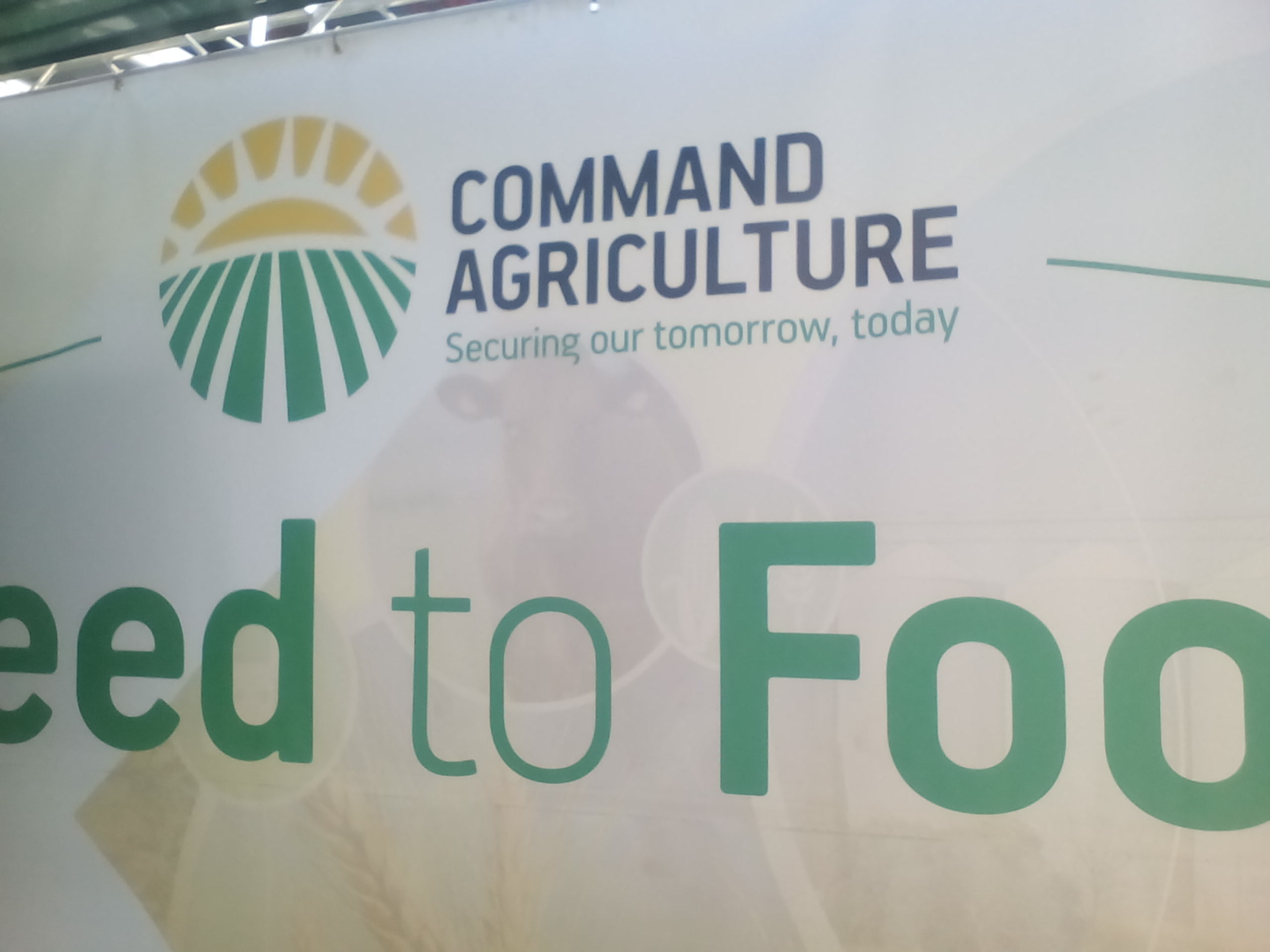By Patricia Mashiri
In a bid to ensure food security, the Common Market for Eastern and Southern Africa (COMESA) has called on the need to strengthen and improve the movement of improved varieties and quality seed within the region.
In his speech during the launch of “Domestication of COMESA Harmonised Seed Regulations” in Harare, Dr Joseph Made, the Minister of Agriculture, Mechanisation and Irrigation Development said improved varieties were a foundation of quality seed production and basis for food security.
“The domestication of the COMESA harmonised seed regulations is taking place at the time the country is celebrating achievements registered by the Special Maize Programme for Import Substitution, with the country achieving about 2500 00MT of cereal grains, with maize being the major one.
“Indeed, the nation has achieved its aim of ensuring food self-suffiency at household level. These efforts were and are being implemented in line with the objectives of the Food Security and Nutrition Cluster of the Zimbabwe Agenda for Sustainable Socio-Economic Transformation (ZimASSET). The achievements encapsulate the Ten-point Plan for Economic Growth as enunciated by his Excellency, President R.G. Mugabe, in his State of the Nation address on 25 August 2015,” Made said.
The Minister said that unlike most African countries, Zimbabwe’s formal seed sector is well established. As early as the 1990’s, the government of Zimbabwe (then Rhodesia) recognized the need to enhance the provision of quality seeds to farmers, with the first release of the hybrid maize variety in Africa SR52.
Dr Made said that in view of Domestication of the COMESA Harmonised Seed Regulations, there was need to raise national and regional awareness about seed security and its beneficial effects on food security, poverty reduction, environmental protection, safer trade and economic development. Seed production, therefore, needs urgent intensification to increase seed exports in the COMESA region.
He reiterated that the implementation of the COMESA Harmonised Seed Regulations would provide support towards improving regional seed security, food security and help address issues of global concern including hunger, poverty and threats to the environment. Awareness raising and taking appropriate actions to improve seed security would lead to stronger public and Government support for such initiatives, as well as better coordination. The Ministry of Agriculture continues to facilitate agri-business.
Ringson Chitsiko, the Permanent Secretary, Ministry of Agriculture, Mechanisation and Irrigation Development said that the Zimbabwean seed industry has been meeting the local certified seed demand for the maize staple crop, which has increased from 25000t before the land reform in 2000 to the current estimated annual requirement of +/- 37500t enough to plant the annual target of 1,8 million hectares of maize.
He added that the harmonized system would create markets for markets for trading the excess seed, thereby providing the much needed foreign currency. Harmonization is therefore envisioned as a promoter to enhance smooth seed trade across borders.
“Seed security therefore becomes an important element of food security. In the COMESA region, Zimbabwe boasts of a strong and well coordinated seed industry. The private sector participates in the development and introduction of new varieties on the Zimbabwean market,” said Chitsiko.
Denias Zaranyika, the President of the Zimbabwe Seed Trade Association (ZSTA) said the harmonised system would create markets for trading excess seed.
“This launch serves to blow the trumpet for us the seed industry to engage in the seed production based on COMESA Harmonization principles and market our seed regionally”.
“Domestication of the COMESA harmonized seed regulations seeks to strengthen the capacity of the private seed sector to take advantage of the regional trade opportunities created by the initiative,” said Zaranyika.
Wonder Chabikwa , the Chairman of the Federation of Farmers Union (FOFU) said in order to meet food security requirements, there was a need to implement the domesticated COMESA Harmonised Seed Regulations policy.
“The fact that we were once the breadbasket of SADC region, should all the more give us the impetus to develop into the seed basket of the COMESA.
“Zimbabwe is endowed with skilled manpower incomparable in Africa and a strong seed industry underpinned by the Ministry of Agriculture, for quality control and seed and certification. As farmers, we are therefore assured of trading in quality seed of improved varieties at all levels,” Chabikwa said.
